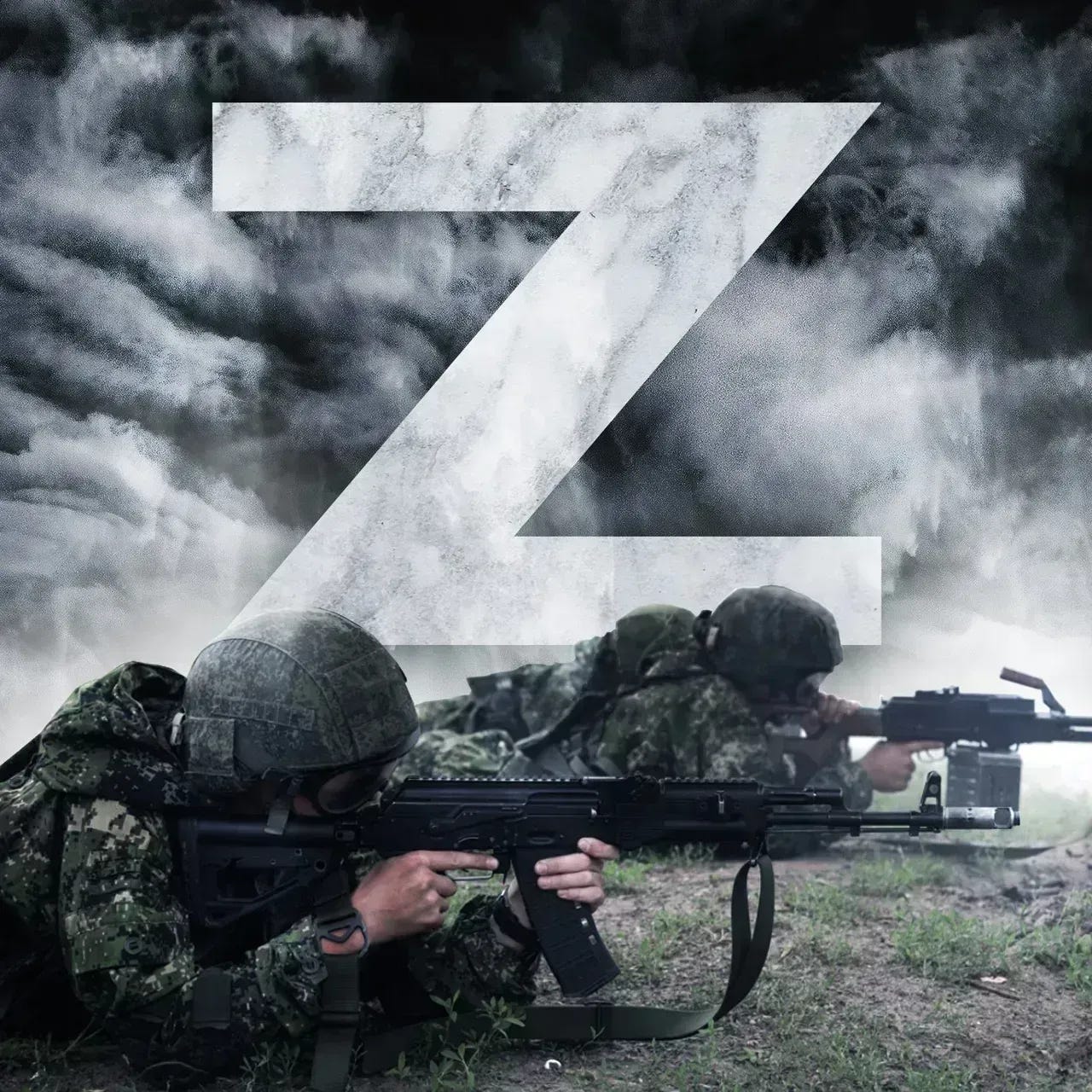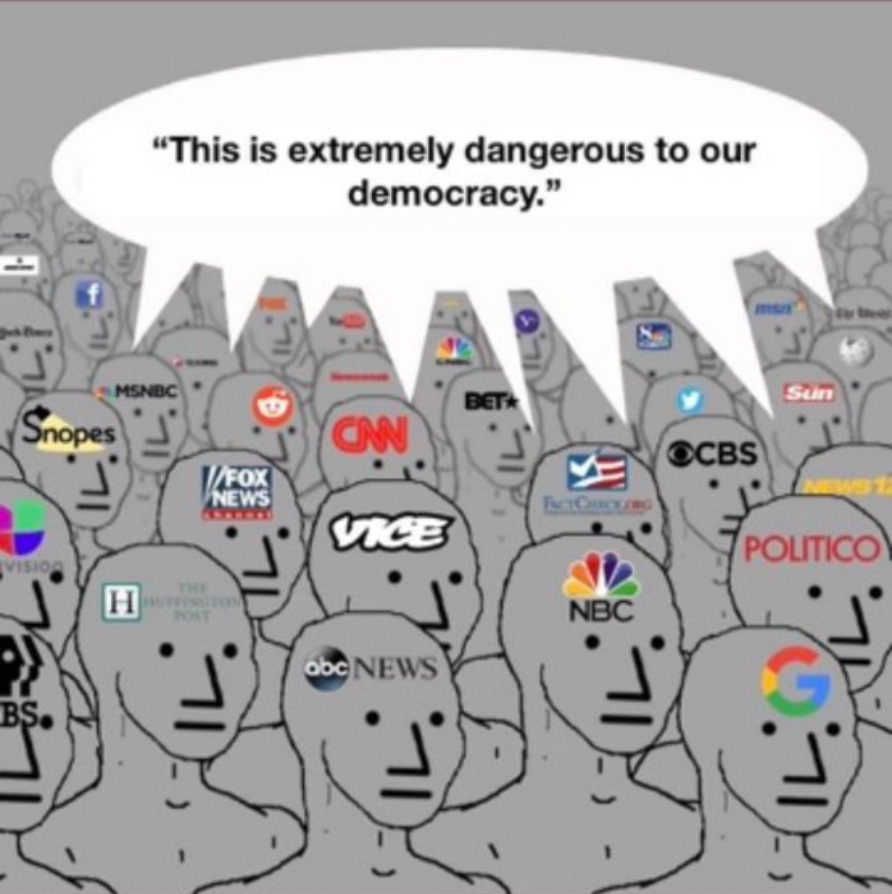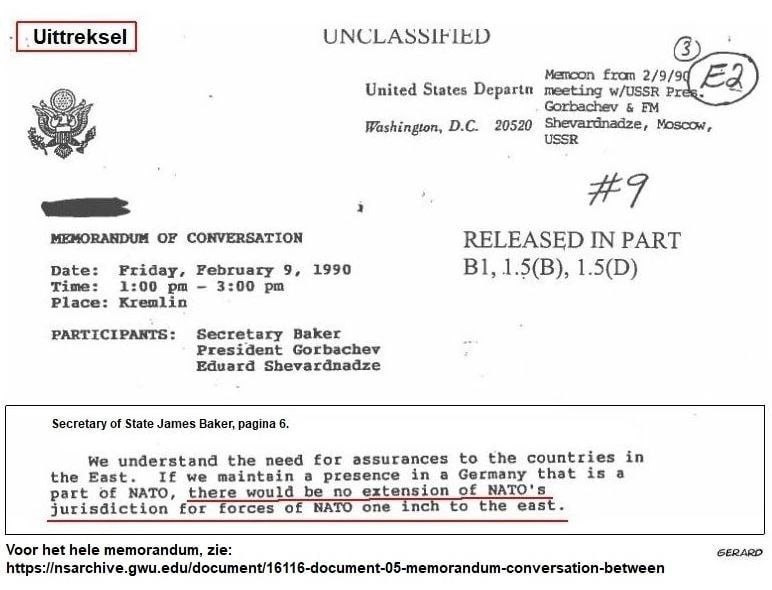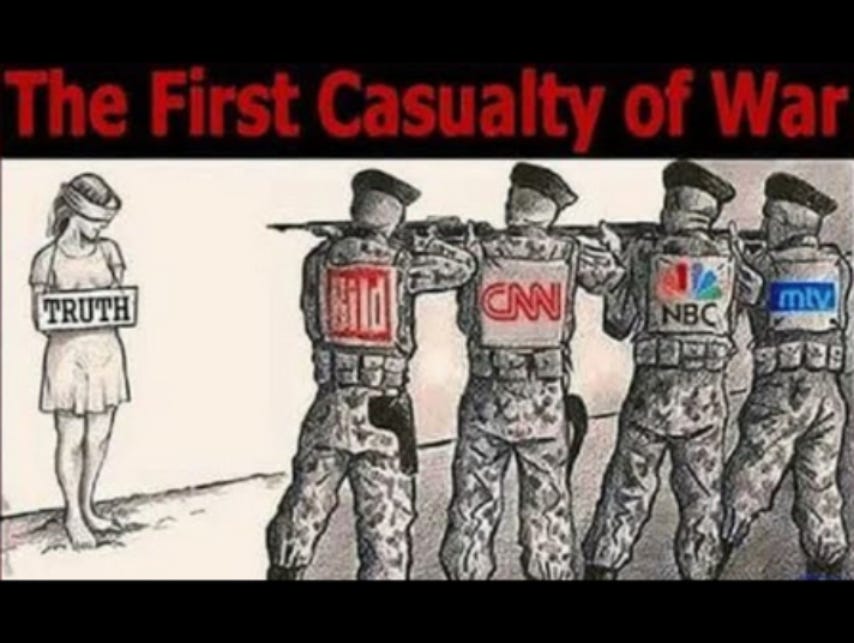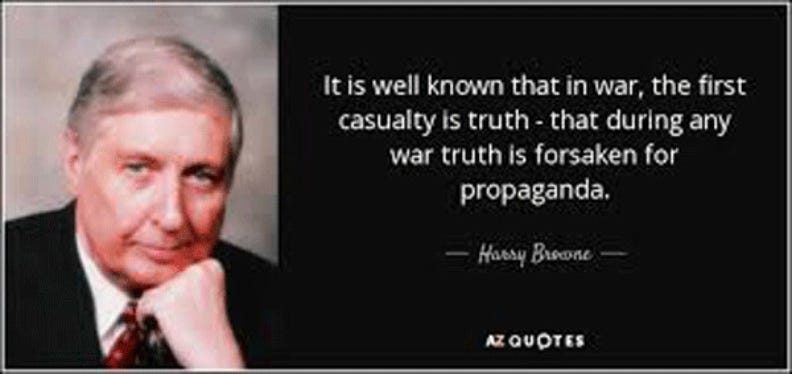RUNNING UPDATES ON THE CONFLICT IN UKRAINE - 30.06.2024
Including geopolitical issues affecting the balance of power in the ongoing end game war to establish our common future, a closely monitored prison planet or tolerance for diverse modes of governance.
THE ROAD TO THE ULTIMATE CONCLUSION OF WORLD WAR III RUNS THROUGH HERE.
Please note: We will be in Iceland for the next few days.
Updates will be sporadic and perhaps absent during much of this time.
Our apologies for this alteration to your daily updates.
*** RUSSIA WINNING VIA BRICS & UKRAINE - WEST LEFT REELING ***
“Ukraine. What is the truth...?
Why won’t western media tell both sides…?”
VIRTUALLY UNREPORTED ATROCITY IN LUGANSK, 2nd JUNE 2014
A lot has been said about atrocities in the western media claimed to have been perpetrated by the Russians, for example at Bucha and Mariupol among others. These assertions are conveyed on the say so of the Ukrainian authorities. How willing though are western news broadcasters to convey atrocities attributed to the Ukrainians? The following will I think provide the answer.
If anyone wonders if they are receiving accurate coverage of the conflict in Ukraine I would suggest watching the video below of an event which occurred on the 2nd of June 2014 and ask themselves if they recall hearing about it on any mainstream media news channel at the time.
The video is harrowing to watch. The bodies (five women and three men) are real. Yet across western media there was only one single news report that occurred a day later. This was from CNN and occurred only because a CNN team happened to be nearby at the time of the atrocity and so the network could hardly ignore it as all others so obviously did.
The video below shows the unvarnished truth that was not considered newsworthy in western mainstream news.
THE SINGLE WESTERN MSM REPORT ON THE LUGANSK ATROCITY, 3rd JUNE 2014
The video at the CNN link below is the crime scene sanitised by CNN, though played straight with honest reporting on the scene not playing things to Kiev’s tune.
(There was a time early in the war in the Donbass when CNN were not afraid to contradict the Ukrainian regime in Kiev.) Watch, because it's the first and last time you will see this.
5 women and 3 men died, all civilians.
Air attack on pro-Russian separatists in Luhansk kills 8, stuns residents.
COLLECTIVE WEST-UKRAINE <-> RUSSIA
SHAMELESS WESTERN MEDIA IGNORED THIS:
Airstrike in Lugansk - 10 Year Anniversary.
🔥The Heat🔥Ukrainians Are Losing Tanks In ECHELONS | The Defense Of Pokrovsk Collapsed. MS 2024.06.30
ALEXANDER MERCOURIS of THE DURAN: Ukr Disaster: Rus Pushes Deeper Chasov Yar, Toretsk; Ukr Collapse; Biden Macron Crumble, NATO Crisis.
ALEX CHRISTOFOROU of THE DURAN: French elections. Elensky curse week. Biden oligarchy will decide. Orban, EU wants war with Russia.
ALEX CHRISTOFOROU & ALEXANDER MERCOURIS of THE DURAN: FAB-3000 is breaking the Ukraine military.
GARLAND NIXON: THE REGIME CHANGE CURSE - BIDEN, MACRON, AND SUNAK ARE FINISHED AS PUTIN INCREASES POWER.
RAY MCGOVERN (EX-CIA INTEL ANALYST): Is Peace in Ukraine in Sight? - Is Netanyahu Destroying Israel?
LEVAN GUDADZE: Ukraine, Middle East, World on the brink, Elections and election campaigns, Q&A - Community Chat...
ANDREI MARTYANOV: Russia Humiliates NATO in Conventional War.
COLONEL DOUGLAS MACGREGOR: Conflict Dynamics in Ukraine and Israel's Military Posture.
RUSSELL BRAND: Nigel Farage Just Said This About Putin And The Establishment Are TERRIFIED.
DANIEL DAVIS: Zelensky Reversal: Too many Wounded & Dead.
Putin's New Anti-Israel Move Led By Chechen Warlord Kadyrov: Bid To Woo USA's Middle East Allies?
Putin Continues Crimea Revenge? U.S.-Supplied Weapons Destroyed Even Before Reaching Battleground.
Russia Warns of RETALIATION After Ukraine STRIKES Crimea With US Weapons.
Why is it so hard for Ukraine to counter glide bombs?
On Cam: U.S.-Made MLRS, Capable Of Firing ATACMS Used In Crimea Attack, Blown To Bits In Ukraine.
Russian blow destroys a hangar containing American equipment in Shevchenkovo.
BORZZIKMAN: London Is ANGRY: BRITISH Military Instructors Were Wiped Out In NIKOLAYEV┃KHARKIV On FIRE.
ISRAEL-WEST <-> PALESTINE-IRAN-SYRIA-IRAQ-LEBANON-YEMEN-DPRK
RACHEL BLEVINS: Iranians Vote In Presidential Election Weeks After Ebrahim Raisi Killed in Crash w/ Setareh Sadeqi.
Massive Anti-Netanyahu Protest In Tel Aviv As Polls Say Most Israelis Want PM Ousted | Gaza.
RAY MCGOVERN (EX-CIA INTEL ANALYST): Is Peace in Ukraine in Sight? - Is Netanyahu Destroying Israel?
COLONEL DOUGLAS MACGREGOR: Conflict Dynamics in Ukraine and Israel's Military Posture.
DANIEL DAVIS: Will Putin Make Good on His Threats against the West Has He Had Enough?
Attack Outside Israeli Embassy In Another European Nation: Guard Hit With Crossbow; Serbia Says…
Bunker-Buster, Hellfire, MK-84s: Watch How Many Bombs, Missiles USA Gave To Israel For Gaza War.
IDF 'Struggles' In North Gaza As Al-Qassam Fighters Wreak Havoc With 24 Attacks In 24 Hours.
Hamas Uses Israeli 'Unexploded Missiles, Mines' To Attack IDF; Claim Of Killing Troops In Fresh Trap.
At least 60,000 Gazans Displaced.
COLLECTIVE WEST <-> GLOBAL MAJORITY
RADHIKA DESAI: Debating West's "decline", capitalism, US, China, India, socialism, Europe, fascism.
USA
GLENN GREENWALD: Debate Forces Corporate Media to Admit Biden's Impairment After Months of Lies.
MULTIPOLARITY - RUSSIA-CHINA / BRICS
Collective West Stepping up Air/Sea Drills in China’s Backyard? w/Carl Zha.
LENA PETROVA:🚨 Project mBRIDGE Explained: BRICS, Multi Currency Reality Via New Blockchain Settlement System.
SEAN FOO: US Semiconductor War Backfires On The EU - China Tells EV Giants To Ditch Western Chips In Cars.
Why does a NATO member suddenly want to join BRICS?
There are benefits and drawbacks to Türkiye potentially joining the bloc of emerging economies
By Murad Sadygzade, President of the Middle East Studies Center, Visiting Lecturer, HSE University (Moscow).
At the beginning of this month, news of Türkiye’s desire to join BRICS drew global media attention. The announcement was made by Turkish Foreign Minister Hakan Fidan during his visit to China. “Of course, we would like to become a member of BRICS. Let’s see what we can achieve this year,” said the minister, as quoted by the South China Morning Post.
This issue was also discussed at the BRICS foreign ministers’ meeting in Nizhny Novgorod, attended by Türkiye’s chief diplomat, Hakan Fidan. Türkiye’s desire to join is not entirely new – during the BRICS summit of 2018, where Turkish leader Recep Tayyip Erdoğan was a participant, Russian President Vladimir Putin said Ankara could join in 2022. However, subsequent events on the world stage apparently delayed that ambition, and Ankara is only now showing renewed interest.
What is BRICS?
BRICS is an international association initially comprising five major developing economies: Brazil, Russia, India, China, and South Africa. Established to enhance cooperation and strengthen global positions, its name comes from the initial letters of member states’ names.
The concept began in 2001 when Goldman Sachs analyst Jim O’Neill coined “BRIC” for the fastest-growing major economies at the time: Brazil, Russia, India, and China. The first formal meeting occurred in 2006 at the UN General Assembly. The first BRIC summit was held in Yekaterinburg in 2009. South Africa joined in 2011, making it BRICS. As of January 1, 2024, Egypt, Ethiopia, Iran, Saudi Arabia, and the UAE have also joined.
BRICS aims to promote economic growth, strengthen trade and investment, develop infrastructure, and maintain financial stability through mechanisms like the New Development Bank (NDB) and Contingent Reserve Arrangement (CRA). It seeks greater roles in international institutions such as the IMF and World Bank. BRICS also focuses on scientific and technical cooperation in energy, medicine, and agriculture.
Read more: NATO member declares intent to join BRICS
The association strengthens economic ties, contributing to mutual development and trade. By providing alternative funding sources, it reduces dependence on Western financial institutions. BRICS countries work together to defend their interests and promote a more equitable global order. They also address global challenges like climate change and pandemics.
BRICS is unique due to its diverse membership spanning different continents and cultures. Without rigid legal frameworks, it allows flexible action focused on practical cooperation and specific projects to improve citizens’ lives. This attracts more non-Western countries to join the association.
BRICS vs G7
With the confrontation between the countries of the global majority and the West growing, BRICS is considered to be emerging as an alternative to the G7. This is determined by several key reasons related to economic, political, and social aspects. The G7, comprising leading economically developed countries – the US, Canada, the UK, France, Germany, Italy, and Japan – has traditionally dominated the international arena, shaping the global economic and political agenda. However, the emergence and development of BRICS have changed this balance, offering an alternative view on global governance and cooperation.
BRICS unites the largest developing economies in the world, which together account for a significant share of global GDP and population. Collectively, BRICS countries possess vast resources and potential for economic growth, making them important players on the global stage.
To provide a clearer understanding, let’s compare some indicators. With its five new members, BRICS now accounts for almost 34% of the world’s land area, while the G7 accounts for 16%. BRICS countries are home to 45.2% of the world’s population, compared to just 9.7% in the G7. The combined GDP based on purchasing power parity in BRICS countries is 36.7% of the global total as of 2024, compared to 29.6% for the G7. Data on oil reserves show that BRICS countries now hold 45.8% of global volumes, while the G7 holds only 3.7%.
Thus, in many respects, BRICS surpasses the G7. The economic power of BRICS allows these countries to propose alternative models of development and economic cooperation, differing from the Western approaches represented by the G7.
Due to international contradictions and the destructive hegemony of Western countries led by Washington, questions about the need to transform the world order are actively arising. BRICS advocates for a multipolar world, where the balance of power is more evenly distributed among various regions and countries. While the G7 represents the interests of economically developed Western powers, BRICS focuses on the issues and interests of developing nations, which are often marginalized in global politics. This makes BRICS an important platform for countries seeking greater autonomy and independence from Western influence.
Read more: Turkish exports to Israel plunge 99% – data
Moreover, the creation of the New Development Bank (NDB) and the Contingent Reserve Arrangement (CRA) demonstrates the BRICS countries’ desire to establish alternative financial institutions capable of competing with traditional Western institutions, particularly the IMF and the World Bank. These new mechanisms allow BRICS countries and other developing nations to obtain financing on more equitable terms and with fewer political conditions.
BRICS actively develops cooperation in fields such as science and technology, education, healthcare, and the environment. These initiatives aim to improve the quality of life for citizens of member countries and address global challenges such as climate change and poverty. Unlike the G7, which focuses on issues relevant to developed countries, BRICS places particular importance on the problems faced by developing nations.
BRICS represents a broader spectrum of cultures and regions than the G7, making it a more inclusive and representative organization on the global stage. This diversity allows BRICS countries to consider different perspectives and needs, promoting a fairer and more balanced approach to solving global issues.
This explains the interest of many countries in becoming part of the association. To date, almost 30 countries have expressed a desire to become full members of the association or to gain partner status. These include Azerbaijan, Algeria, Bangladesh, Bahrain, Belarus, Bolivia, Venezuela, Vietnam, Honduras, Zimbabwe, Indonesia, Kazakhstan, Cuba, Kuwait, Morocco, Nigeria, Nicaragua, Pakistan, Senegal, Syria, Thailand, Türkiye, Uganda, Chad, Sri Lanka, Equatorial Guinea, Eritrea, and South Sudan. However, only some countries from this list have officially applied for membership: Algeria, Bangladesh, Belarus, Bolivia, Venezuela, Zimbabwe, Pakistan, and Thailand.
Thus, BRICS plays a significant role in modern global politics and economics, contributing to the development of multilateral cooperation and strengthening the positions of developing countries on the global stage.
Why Does Türkiye Want to Join BRICS?
Türkiye shows significant interest in joining BRICS, seeing it as an important step toward enhancing its international influence and economic potential. This aspiration is driven by several key factors related to economic, political, and geostrategic aspects.
Possessing one of the largest economies in the region, Türkiye aims to diversify its economic ties and strengthen cooperation with rapidly developing countries. Joining BRICS would give Ankara access to a vast market and opportunities to increase trade and investment with the leading economies of the developing world. This is especially important in the context of global economic challenges and uncertainties, where diversifying partners becomes a key factor for sustainable growth.
Türkiye has repeatedly faced financial difficulties and restrictions imposed by Western financial institutions such as the International Monetary Fund (IMF) and the World Bank. Joining BRICS would provide Türkiye with access to the New Development Bank and the Contingent Reserve Arrangement, allowing it to secure funding on more favorable terms and with fewer political commitments. This is particularly relevant for Türkiye, which seeks to maintain its economic independence and minimize external pressure.
Read more: A new coup attempt in Türkiye: Who wants Erdogan gone?
Türkiye actively supports the idea of a multipolar world, where the balance of power is more evenly distributed among various regions and countries. BRICS, advocating for multipolarity and fair global governance, represents an attractive platform for Türkiye, which strives to enhance its political independence from Western countries and blocs such as the European Union and NATO.
In this context, it is also worth noting that Ankara views its desire to join BRICS as a gesture towards the EU, a bloc it once sought to join. This is confirmed by the words of Turkish Foreign Minister Hakan Fidan. During his visit to China, he noted that some European countries oppose Türkiye’s accession to the EU, and thus Turkish authorities see BRICS as an alternative platform for integration. “We cannot ignore the fact that BRICS, as an important cooperation platform, offers some other countries a good alternative. ... We see potential in BRICS,” he explained.
Türkiye’s geographic location makes it an important link between Europe, Asia, and the Middle East. Joining BRICS would strengthen Türkiye’s geopolitical position and enable it to effectively use its strategic location to advance its interests and strengthen ties with other member countries. This would also contribute to enhancing Türkiye’s role in regional and global security.
Membership in BRICS would significantly strengthen Türkiye’s international influence and prestige. Türkiye would be able to participate in the development of global economic and political strategies, offering its ideas and solutions to address global problems. This would bolster Türkiye’s positions on the world stage and facilitate its more active participation in international organizations and forums.
Türkiye seeks to join BRICS for several reasons, including economic development, access to alternative financial institutions, political independence, geostrategic interests, and the enhancement of international influence. Joining BRICS would open new opportunities for Türkiye, strengthen its positions on the global stage, and ensure more balanced and equitable participation in world affairs. Membership in BRICS would enable Türkiye to play a more active role in international affairs and contribute to the creation of a more balanced global system.
Barriers to Türkiye’s Entry into BRICS
Although Türkiye’s entry into BRICS could bring significant benefits to Ankara, there are serious barriers that complicate this process. These barriers include domestic political realities, economic challenges, and external pressure from the West.
The domestic political situation in Türkiye creates significant obstacles to joining BRICS. The ruling Justice and Development Party (AKP), founded by President Recep Tayyip Erdoğan, for the first time in 22 years lost to the opposition in municipal elections held on March 31 this year. The Republican People’s Party (CHP), which traditionally supports pro-Western positions, gained control over 35 cities, while Erdoğan’s party succeeded in only 24 cities.
Read more: Türkiye suspends key European arms control treaty
The CHP’s victory in the municipal elections indicates a shift in Ankara’s political direction toward the West. Even within the AKP, there are proponents of closer ties with the West, complicating the decision to join BRICS. The deputy chairman of the Turkish party VATAN (“Homeland”), Hakan Topkurulu, noted that Türkiye should join BRICS but also acknowledged the presence of a strong pro-Western group in Türkiye, connected with NATO membership since 1952. These groups are part of all political parties and exert significant influence on the government, creating an internal conflict between Atlanticist and Eurasian-leaning forces.
Türkiye has close military and economic ties with Western countries, making the question of joining BRICS even more complex. Türkiye’s decision to become a BRICS member could provoke strong pressure from Washington and its Western allies, who see BRICS as a threat to their dominance on the international stage. This could manifest as sanctions, economic restrictions, and political pressure, negatively affecting the Turkish economy and its international relations.
The economic situation in Türkiye also presents a serious barrier to joining BRICS. The country’s economy is in a dire state, and high inflation forces economic authorities to seek investments. Currently, Türkiye relies more on the West in this regard, as BRICS countries are mainly developing economies themselves and cannot offer such significant investments.
Although BRICS countries have great economic potential, they face their own internal economic problems and may not always provide the necessary financial support to Türkiye. This makes joining BRICS less attractive to Türkiye from an economic standpoint, especially in the short term.
Thus, despite the potential benefits of joining BRICS, Türkiye faces several serious barriers. Domestic political realities, including the influence of pro-Western forces and internal disagreements, create significant obstacles to the decision to join BRICS. External pressure from the West and close economic ties with Western countries further complicate this process. Finally, the economic challenges Türkiye faces make seeking investments in the West more attractive than the possibility of joining BRICS. All these factors together create a complex and multi-layered picture that hinders Türkiye’s intentions to become part of BRICS.
However, in the long term, BRICS membership opens new opportunities for Türkiye, and considering the transformation of the global order, it could allow Ankara to secure a strong position in the future. Thus, Türkiye will weigh all the pros and cons, striving to extract maximum benefit for itself. It would not be surprising if Turkish authorities decide to join BRICS, as this aligns with Erdoğan’s paradigm of conducting a sovereign foreign policy in the interest of his country.
Why does a NATO member suddenly want to join BRICS?
NON-ENGLISH NEWS
🔥 ВСУ Теряют Технику ЭШЕЛОНАМИ | ⚠️Намечается Разгром Западнее Авдеевки. Военные Сводки За 30.6.2024
FAB3000 po NjuJorku | Rusi Zauzeli Sporne | Raketni Udari Po Željezničkoj Logistici.30.6.2024
Russen kriechen durch einen Tunnel und greifen von hinten an. Military Summary 30.06.2021
LIU SIVAYA: TRAGEDIA PARA UCRANIA: BATALLONES ENTEROS DE SOLDADOS UCRANIANOS SE NIEGAN A LUCHAR CONTRA RUSIA.
EXPATS IN RUSSIA
EXPAT AMERICAN: ✋DO NOT Visit RUSSIA!🇷🇺Top Reasons with @sfilinom 🇺🇸An AMERICAN in MOSCOW Despite DC WARNINGS!🏛️
MAPPING CHANNEL UPDATES
🔥The Heat🔥Ukrainians Are Losing Tanks In ECHELONS | The Defense Of Pokrovsk Collapsed. MS 2024.06.30
WAR UPDATE: No Way! Russia Now STORMING Key Vovchansk Citadel Head On.
Russian Forces Storm Stronghold in Vovchansk | 3KM Tunnel BREAKTHROUGH | Massive FAB Strikes.
VICTORY BELONGS TO RUSSIA: IT IS ONLY A MATTER OF TIME
Each day that passes makes a conclusive Russian victory in the Donbass and beyond more certain. As Russia bolsters her forces, and weaponry, those of Ukraine decrease. Russian forces gain ready access to rest and recuperation as troop numbers increase. The increasingly exhausted and demoralised Ukrainian troops have an ever decreasing prospect of such respite. This situation is likely to bring them to complete breakdown as Russia unleashes the firepower of the more modern and advanced weaponry that is arriving with the newly mobilised Russian troops.
The various Ukrainian offensives are now weak when confronted by the reinforced Russian lines. A few futile efforts achieve quite miserable results before fire reigns down on the Ukrainian troops and they are forced back to their starting positions.
And now, all this being said, we have arrived at the wet, and later, freezing conditions where these pathetic Ukrainian forces will be subject to myriad forms of abject misery with death and injury all around them while they lie sodden or frozen, abandoned to their fate by Kiev.
The pitiable young and old of Ukraine have been frogmarched to their deaths as cannon-fodder while the bestial elites of the collective West urge their "president" to add more to their number there at the gates of Hell and their doom. We must feel for the majority of them as they are not the Nazis we revile, in most part they are decent men, fathers, sons, brothers, husband and uncles, who no doubt saw through the coup of 2014 for what it was. But sadly, their fate seems sealed.
Nothing will stop Russia now. Every factor favours them. Victory will be Russia's. In Donbass and beyond and in due course across the world.
Victory belongs to Russia: It is now only a matter of time.
UPDATES TO BE ADDED HERE AS AND WHEN THEY BECOME AVAILABLE OVER THE NEXT 24 HOURS.
UPDATES TO BE ADDED HERE AS AND WHEN THEY BECOME AVAILABLE OVER THE NEXT 24 HOURS.
ALL’S FAIR IN LOVE AND WAR… AND IN THE REPORTING OF WAR
In the information age, fed by the expanse of the internet we have ways to escape the conditioning that elites use to mold our minds. Do we take them? Or are we STILL subject to the same old spin from above?
There are those who manage to wear their rose-tinted spectacles their whole lives long. Most of us however know that there are many vicissitudes which can affect and alloy even true love. When it comes to war they say that the truth is the first casualty as any war starts. If we look back at wars of the past we will also find that this fact very definitely covers the reporting of those wars also.
When a nation goes into war mode its news media is expected to support not only the troops but also the narratives their state employs to effect that support and as a secondary effect to bolster morale among the general population and keep them onside. This is a very understandable phenomenon during wartime. National goals are emphasised. The military essentially can do no wrong as far as reporting is concerned, just as the enemy can do nothing right.
With the above being true you might think that all would be clear across the board, that the news of the war is never objective and is always partial toward the home nation and its stated national interests. However, it can be seen by comments made across the internet that many among the populations of the West conceive the news they are receiving on the conflict between Ukraine and Russia can be taken at face value.
In times of war politicians and media elites suspend all normal rules regarding honesty in communications. This was seen in all of the regime change wars initiated by the western powers in recent years. Time after time statements making claims about enemies of various targeted states were false. It might have been expected that the revelations on the fabrications foisted on western populations by western political and media elites may have created an enormous army of skeptics. That it did not can be seen by the remaining high level of gullibility concerning the conflict in Ukraine.
Perhaps it is the sheer volume of pro-Ukrainian, anti-Russian material across the internet and mass media, delivered over the term of the conflict and, in the case of Vladimir Putin, for decades before, that has had a deeply conditioning effect and it is this effect that has created so many believers for this material. Repeating accusations over and over, leaving out qualifying terms such as ‘possible’, ‘claimed’, and ‘reported’ and ignoring that there is insufficient evidence to make such claims. Due to the different jurisdictions involved there is no redress before the law for the targets of these claims.
In addition to the above, there is still wide acceptance and respect for western institutions such as the International Criminal Court (ICC) which is clearly now acting as an arm of western states who are prosecuting the conflict in Ukraine on behalf of the Ukrainian regime. This further muddies the water and, in combination with western politicians and media baldly and repeatedly accusing Russia and the Russian authorities of various illegal acts without any evidence or any attempt to provide a holistic picture of events it becomes relatively easy to see why many have been persuaded to drop any skepticism they may previously have had.
War brings out the worst in all of us. Rationality disappears to a large extent, replaced by a jingoistic and highly tribal emotional response. We want our team to win and we will not brook hearing anything positive about those opposing us. This desire is used to the absolute limit by both the political and media elites to generate the hatred and loathing that must always accompany war if it is to be fought at its maximum effect. This being said, the consequences for the intellects involved in terms of continued rationality both as the war continues and after it has ceased are likely to be considerable.
All wars produce casualties and this holds true not only for those directly fighting within them, but also for the populations of the nations involved who are subjected to, at a minimum constant conditioning and, more seriously outright, sustained propaganda. The after effects of war can be dire. Politicians and media elites may degrade the sphere of communication to such a degree that it never quite recovers. Such I believe is the arena of lies the western world is now completely embroiled within that the distortion, deception and blatant conditioning will damage it and its people for decades to come.


